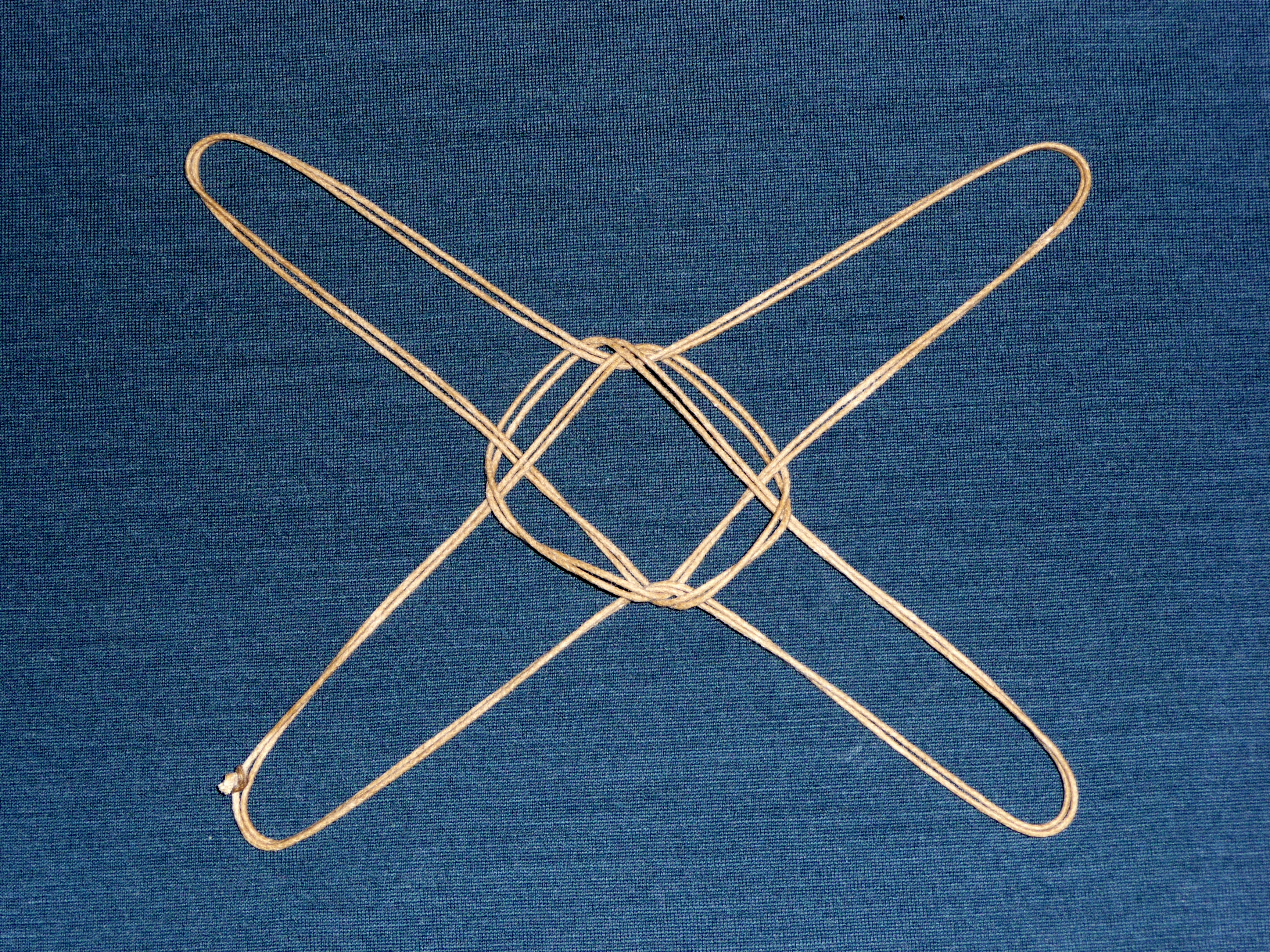|
Heliodorus (surgeon)
Heliodorus ( el, Ἡλιόδωρος) was a surgeon of the pneumatic school in the 1st century AD. He was probably from Egypt, and was mentioned in the Satires of Juvenal The ''Satires'' () are a collection of satirical poems by the Latin author Juvenal written between the end of the first and the early second centuries A.D. Juvenal is credited with sixteen known poems divided among five books; all are in the .... Heliodorus wrote several books on medical technique which have survived in fragments and in the works of Oreibasius. References 1st-century Greek physicians {{Greece-med-bio-stub ... [...More Info...] [...Related Items...] OR: [Wikipedia] [Google] [Baidu] |
Surgery
Surgery ''cheirourgikē'' (composed of χείρ, "hand", and ἔργον, "work"), via la, chirurgiae, meaning "hand work". is a medical specialty that uses operative manual and instrumental techniques on a person to investigate or treat a pathological condition such as a disease or injury, to help improve bodily function, appearance, or to repair unwanted ruptured areas. The act of performing surgery may be called a surgical procedure, operation, or simply "surgery". In this context, the verb "operate" means to perform surgery. The adjective surgical means pertaining to surgery; e.g. surgical instruments or surgical nurse. The person or subject on which the surgery is performed can be a person or an animal. A surgeon is a person who practices surgery and a surgeon's assistant is a person who practices surgical assistance. A surgical team is made up of the surgeon, the surgeon's assistant, an anaesthetist, a circulating nurse and a surgical technologist. Surgery usually spa ... [...More Info...] [...Related Items...] OR: [Wikipedia] [Google] [Baidu] |
Pneumatic School
The Pneumatic school of medicine (''Pneumatics'', or ''Pneumatici'', el, Πνευματικοί) was an ancient school of medicine in ancient Greece and Rome. They were founded in Rome by Athenaeus of Cilicia, in the 1st century AD. The Roman era was a time when the Methodic school had enjoyed its greatest reputation, from which the Pneumatic school differed principally in that, instead of the mixture of primitive atoms, they adopted an active principle of immaterial nature, ''pneuma'', or spirit. This principle was the cause of health and disease. It is from Galen that we learn the doctrines of the founder of the Pneumatic school. Doctrines Plato and Aristotle had already laid the foundations of the doctrine of ''pneuma'', for which, Aristotle was the first to describe the ways in which the ''pneuma'' is introduced into the body and the sanguineous system. The Stoics developed the theory even more and applied it to the functions of the body. Erasistratus and his successors had mad ... [...More Info...] [...Related Items...] OR: [Wikipedia] [Google] [Baidu] |
Egypt
Egypt ( ar, مصر , ), officially the Arab Republic of Egypt, is a transcontinental country spanning the northeast corner of Africa and southwest corner of Asia via a land bridge formed by the Sinai Peninsula. It is bordered by the Mediterranean Sea to the north, the Gaza Strip of Palestine and Israel to the northeast, the Red Sea to the east, Sudan to the south, and Libya to the west. The Gulf of Aqaba in the northeast separates Egypt from Jordan and Saudi Arabia. Cairo is the capital and largest city of Egypt, while Alexandria, the second-largest city, is an important industrial and tourist hub at the Mediterranean coast. At approximately 100 million inhabitants, Egypt is the 14th-most populated country in the world. Egypt has one of the longest histories of any country, tracing its heritage along the Nile Delta back to the 6th–4th millennia BCE. Considered a cradle of civilisation, Ancient Egypt saw some of the earliest developments of writing, agriculture, ur ... [...More Info...] [...Related Items...] OR: [Wikipedia] [Google] [Baidu] |
Satires Of Juvenal
The ''Satires'' () are a collection of satirical poems by the Latin author Juvenal Decimus Junius Juvenalis (), known in English as Juvenal ( ), was a Roman poet active in the late first and early second century CE. He is the author of the collection of satirical poems known as the ''Satires''. The details of Juvenal's life ... written between the end of the first and the early second centuries A.D. Juvenal is credited with sixteen known poems divided among five scroll, books; all are in the Roman genre of satire, which, at its most basic in the time of the author, comprised a wide-ranging discussion of society and social in dactylic hexameter. The sixth and tenth satires are some of the most renowned works in the collection. The poems are not individually titled, but translators have often added titles for the convenience of readers. *Book I: Satires 1–5 *Book II: Satire 6 *Book III: Satires 7–9 *Book IV: Satires 10–12 *Book V: Satires 13–16 (Satire 16 is inc ... [...More Info...] [...Related Items...] OR: [Wikipedia] [Google] [Baidu] |
Oreibasius
Oribasius or Oreibasius ( el, Ὀρειβάσιος; c. 320 – 403) was a Greek medical writer and the personal physician of the Roman emperor Julian. He studied at Alexandria under physician Zeno of Cyprus before joining Julian's retinue. He was involved in Julian's coronation in 361, and remained with the emperor until Julian's death in 363. In the wake of this event, Oribasius was banished to foreign courts for a time, but was later recalled by the emperor Valens. Works Oribasius's major works, written at the behest of Julian, are two collections of excerpts from the writings of earlier medical scholars, a collection of excerpts from Galen and the ''Medical Collections'' (Ἰατρικαὶ Συναγωγαί, ''Iatrikai Synagogai''; Latin: ''Collectiones medicae''), a massive compilation of excerpts from other medical writers of the ancient world. The first of these works is entirely lost, and only 25 of the 70 (or 72) books of the ''Collectiones'' survive. This work pres ... [...More Info...] [...Related Items...] OR: [Wikipedia] [Google] [Baidu] |
.jpg)

